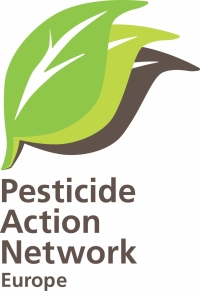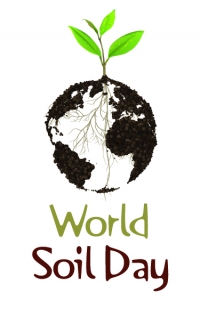Press releases
A new White Paper, coordinated by Pesticide Action Network (PAN) Europe and produced by a group of 24 experts from the field of pesticides, risk assessment, human and environmental health identifies the many shortfalls in the safety assessment of pesticides in Europe that lead to dangerous substances being used in open spaces.
A new White Paper, coordinated by Pesticide Action Network (PAN) Europe and produced by a group of 24 experts from the field of pesticides, risk assessment, human and environmental health identifies the many shortfalls in the safety assessment of pesticides in Europe that lead to dangerous substances being used in open spaces. The analysis also proposes concrete solutions on how to improve the pesticide risk assessment in Europe in line with the mandatory requirements of EU law.
PAN Europe sends out a public response on today's vote (11/12/2018) at the plenary of the European Parliament in Strasbourg on the transparency proposal under the General Food Law .
Members of the European Parliament highlighted today the need to improve the European Pesticide Authorisation system. The effectiveness of Regulation (EC) 1107/2009 to protect human, animal and environmental health from pesticides requires changes in the whole pesticide approval procedure: from the industry’s application to get a pesticide active substance authorised, to the sale and use of the product containing the substance in EU Member States.
EU Commission President Juncker’s Science Advisors system recruited experts to help evaluating pesticide authorisation that were part of anti-regulation pressure groups
The health of our soils, this exceptionally high source of biodiversity, is threatened by human activities more than ever and the use of pesticides destroys soil life and depletes nutrient content. On the World Soil Day, Pesticide Action Network Europe sends out a clear message: “by protecting our soils we protect life on earth” and calls EU policy-makers to enforce sustainable agricultural practices in Member States to protect our ‘source of life’. The future of EU agriculture is here at stake.
Today is the 34th anniversary of the Bhopal disaster when a gas tank exploded in a Union Carbide pesticide factory in India, killing thousands of people. To date, half a million people have suffered from health consequences linked to that disaster.
A scientific publication(link is external) (1) released today in the Journal of Environmental Health finds that an industry-funded study had drawn biased and unscientific conclusion on the neurodevelopmental toxicity of Chlorpyrifos. The authors of this critique highlight that based on the results obtained from the experiments, the industry should have reported neurodevelopmental toxicity. This was not the case.
EU Member States put bees at risk by failure to adopt a guidance designed to protect them from the harmful effects of pesticides. During the October 2018 meeting of the Standing Committee on Pesticides, EU Member States failed to adopt a measure that would help to protect bees and other pollinators from the harm of pesticides. In particular from the harm presented by a new and growing class of bee toxic pesticides that are being introduced to replace the recently banned neonicotinoids.
EUROPEANS JOIN FORCES calling for a higher level of protection from pesticides: European regulators are letting the citizens of the EU down by allowing the use of harmful pesticides in agriculture and public green areas based on an ‘unfit for purpose’ risk assessment regime that relies on pesticide industry generated toxicity studies.



